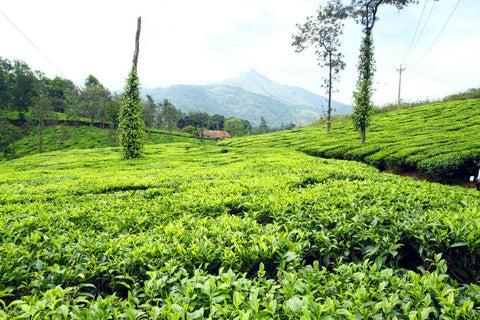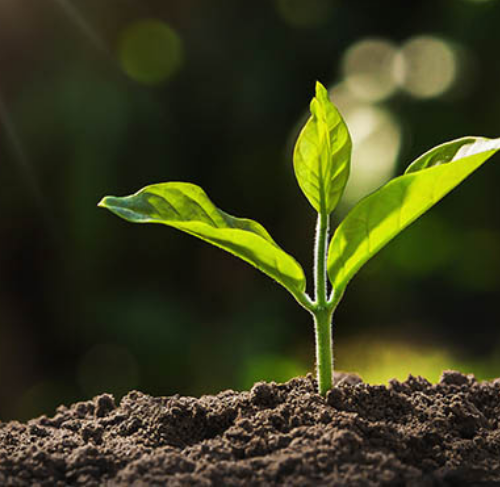What Is Organic?
Organic food, fresh or processed food produced by organic farming methods. Organic food is grown without the use of synthetic chemicals, such as human-made pesticides and fertilizers, and does not contain genetically modified organisms (GMOs).
The market for organic food has grown significantly since the late 20th century, becoming a multibillion-dollar industry with distinct production, processing, distribution, and retail systems.
India has been the home for sustainable ecosystem since ages and Organic Farming is nothing new for us as Indians, we have been practising it from thousands of years. In traditional India, the entire agriculture was practised using organic techniques, where the fertilizers, pesticides etc., were obtained from plant & animal products.
During 1950 n 1960s, the ever-increasing population of India & several natural calamities lead to a severe food scarcity in India. To increase the food security and to increase the food production drastically, Green Revolution came into picture under the leadership of M.S. Swaminathan. The Revolution soon showed its impact, the country was able to sustain and infect became the exporter of the food grains.


Why Organic?
As the time went by the extensive dependence on chemical farming showed its dark side, today need is felt for the alternate for modern farming as a sustainable agriculture throughout. In the process of attaining higher levels of food production for matching the demands of the growing population during the last more than 4 decades, emphasis was laid on intensive agriculture practices. The gravity of the environmental degradation has drawn the attention of the scientists and planners towards finding out ecologically sound, viable and sustainable farming system for different agro-climatic situations, keeping in view the needs of the present and future generations. The practice of organic farming, said to the best known alternative to the conventional method.
Organic farming has been considered to be a sound and viable option in most of the countries. In this direction the recommendations of the Atlanta conference of 1981 on ‘Organic Farming’ have acted as catalysts in triggering interest in the organic farming across the world.
The relatively high success of organic farming in some countries are due to the high awareness of the health problems caused by the consumption of contaminated food products.

What Is IPM?
We’re all familiar with the difference between a Certified Organic product and a “conventional”, or non-organic one. But do you know what it means when produce is labeled “IPM”?
Integrated Pest Management (IPM) is based on careful monitoring, prevention, and cautious treatment of problems as they arise. It is a process farmers use to solve pest problems while minimizing risks to people and the environment. IPM focuses on long-term prevention of pests and their damage by managing the farm’s ecosystem through biological, cultural, mechanical and (as a last resort) chemical controls. Many times, IPM produce is grown without the use of chemical pesticides, but when a farmer determines that chemical intervention is required, he or she will use care in applying the most selective pesticide that will do the job while being safest to other organisms, air, soil, and water quality.
Unlike organic farming, there is no certifying body for IPM, which makes it even more complicated to understand. It also means that placing trust in local farmers with whom you have good relationships is the best way to have peace of mind about what is in, or on, your food. As always, we find that transparency is key for us and for our customers to make informed decisions about their purchases.
- Organic Black Pepper
- Organic Cassia
- Organic Cinnamon
- Organic Cayenne Pepper
- Organic Chilies Crushed
- Organic Cloves
- Organic Coriander
- Organic Cumin
- Organic Fennel
- Organic Ginger
- Organic Jalapeno
- Organic Mace
- Organic Nutmeg
- Organic Paprika
- Organic Rosemary
- Organic Sesame
- Organic Thyme
- Organic Turmeric
- Organic White Pepper

